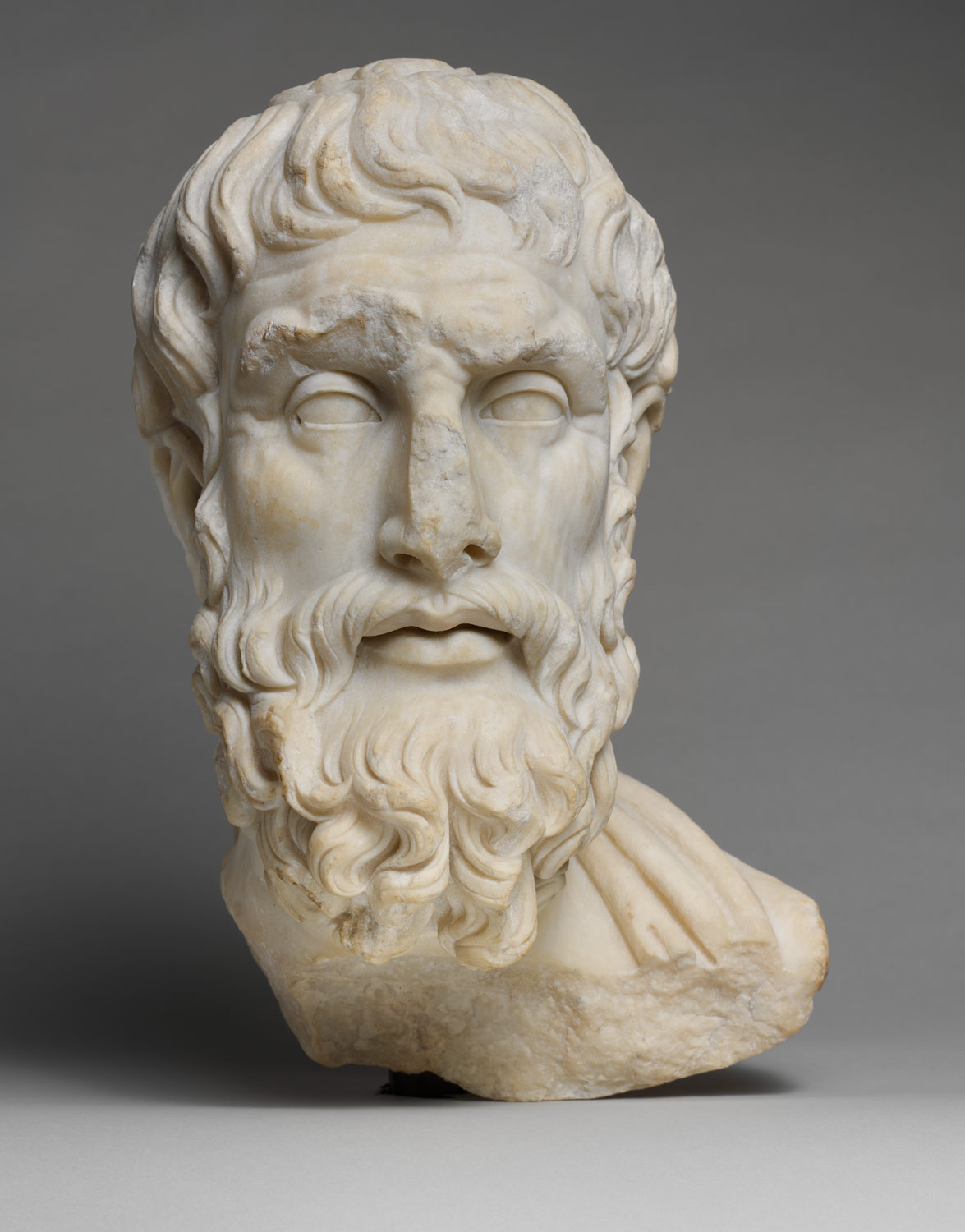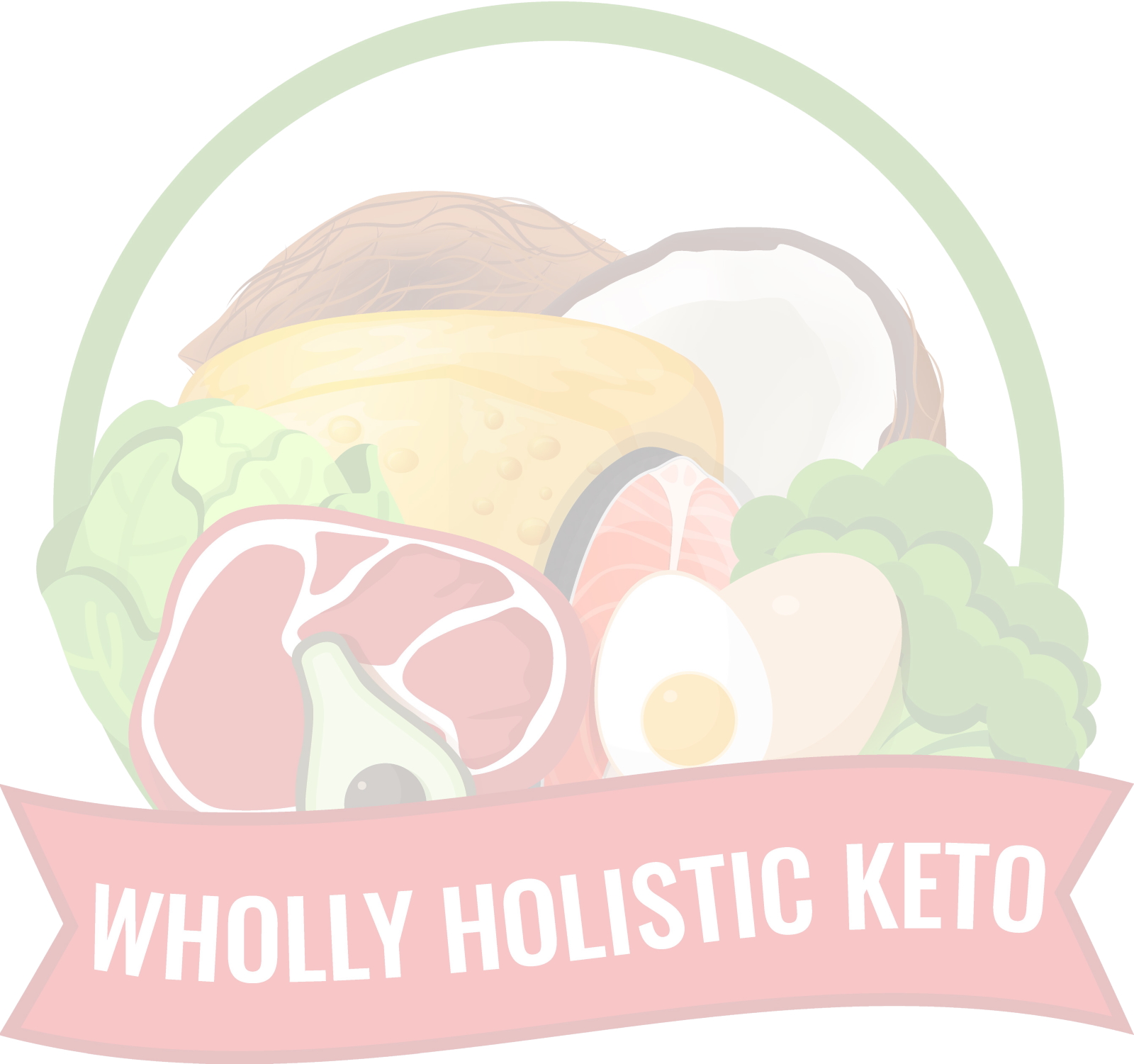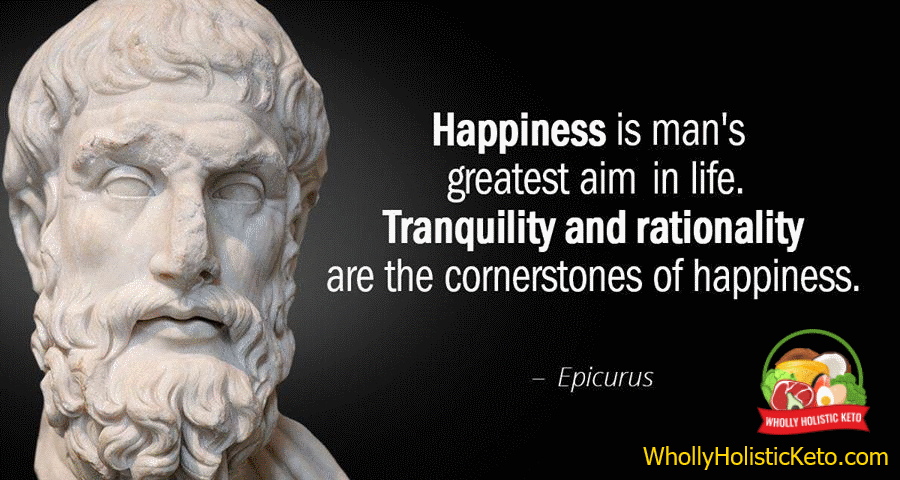Origin: Habit
What ones clothes one’s self in.
Humans use clothing to represent who they are and what they value. Traditionally religious garb. A nun’s habit.

The black symbolizes death. From the moment she takes her vows and dons her habit, her old life is dust. Everything she was before has vanished. She takes a new name and her rebirth into a new life begins.
“The unexamined life is not worth living”

Socrates
Socrates quote, uttered during his trial for impiety and corrupting youth, is very popular among many lean gains communities. They use this quote to enforce their philosophy of exercise and diet discipline.
I am of the opinion that this is incomplete, and Epicurus’ philosophy on self-examination as a part of overall growth and happiness has a more useful message.
“Not what we have But what we enjoy, constitutes our abundance.“

Epicurus
Epicurus has a three pronged approach to self-examination leading to the joys of a purposeful life. The first is good companionship, freedom from politics and dependency on institutions, and the third is self-examination.
Unlike Socrates, Epicurus teaches us that self-examination is an opportunity to reflect on gratitude for what we’ve already achieved over choosing fleeting pleasures.
Here’s a worksheet you can use as a guide to try it for yourself.

Self evaluation worksheet
- examine your eating and lifestyle habits.
- Are these rituals and routines to the benefit or detriment to your wellness goals?
- How does emotion play into detrimental behaviours?
- What do you do without thought?
- Are your meals a quick grab of junk and scarfed down in a hurry?
- Do you eat at night in front of the TV?
- Play video games instead of exercising?
- Eliminate the habits that no longer serve you and acknowledge that you are no longer a person who identifies as unhealthy. You USED to be that person that ate carbage but that person is no more. Put away those behaviours. Embrace the new, health-conscious you!
- Make 2 lists of your habits. One list for what you do that takes you away from health. Examine these self-harming habits and make another list of of habits that are self-loving that can bring you closer to your health goals.
- If you surround yourself in the habit of good health through a ketogenic diet, the change in you though your habit will be immediately noticeable to those that surround you as a nun’s habit. You will be transformed.
- Recent research shows that it takes 66 days for a new habit to be formed and that your chances improve if you replace those habits with new ones. You can’t change with one foot remaining in your unhealthy past.
- Take time every day to reflect on your accomplishments. Be grateful for your body and its ability to heal through exercise and nutrition. Embrace how your new habits are making you evolve into a stronger, healthier you.
- Surround yourself with like minded people who share your health goals. If you don’t have support at home, consider joining an online support group where you can share your struggles and celebrate successes.






